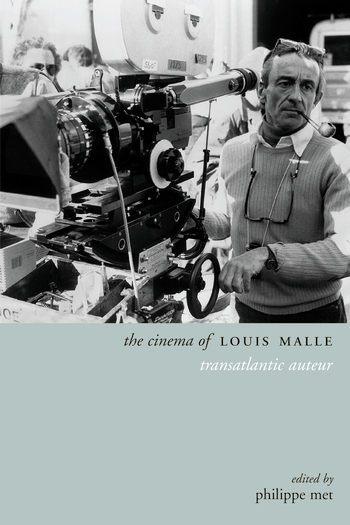Alexander Joy Cartwright and the invention of baseball
For many fans, the baseball season has come to an end, so for those whose teams did not make the playoffs but still need their baseball fix, the following is an interview with Jay Martin, author of Live All You Can: Alexander Joy Cartwright and the Invention of Modern Baseball:
Question: Isn’t it true people all over the world have been playing ball games since time began? How can you state that Alexander Joy Cartwright “invented” baseball?
Jay Martin: Undoubtedly, ball games have been played from time immemorial. Certainly too, in games played with a bat and ball, there was a slow evolution. Earlier games such as “town-ball” and “rounders” only loosely resemble the game we play today. In 1845 Cartwright consolidated ball games into a uniform system, with rules, a diamond shaped field, and by-laws, and produced a game that is much like the one we see today. It was widely adopted all over the country. He and his Knickerbocker teammates brought Cartwright’s game to the West Coast, and Cartwright carried it to Hawaii. He was not alone, but he was central in formulating baseball as we know it today.
Q: But wasn’t it Abner Doubleday who “invented” baseball?
JM: Doubleday was a great military figure, but he was a cadet at west Point when he was supposed to have been inventing baseball in Cooperstown, New York. So far as we know he had little interest in the game.
Q: What position have baseball historians and the National Baseball Hall of Fame taken on this?
JM: Baseball historians unanimously rejected Doubleday as baseball’s founder. The Cooperstown Hall of Fame has never entered him into the list of Hall of Famers. But in the second year of balloting, 1938, Cartwright was selected, with the following citation: “Alexander Joy Cartwright Jr. Father of Modern Baseball. Established nine innings as a game and nine players as a team. Organized the Knickerbocker Baseball Club of N.Y. in 1845. Carried Baseball to Pacific Coast and Hawaii Pioneer Days.”
Q: How did you come to write a biography of Cartwright?
JM: I was working in the political Archives of the Sate of Hawaii on the History of Baseball in Hawaii, and I spotted a catalog entry for “Cartwright, A.J.” I asked to see his folder, and lo and behold the staff brought out twelve big boxes of Cartwright manuscripts, from his arrival in Hawaii in 1849 to his last will and testament. Instantly I knew that there was a biography to be written. Research started there.
Q: But aren’t there other books on Cartwright?
JM: There’s an earlier one from 1973. The author had no access to the wealth of materials I unearthed. A more recent book that debunks Cartwright’s importance also has numerous errors and is severely partisan. Mine is the only fully researched, authoritative biography on Cartwright and is likely to remain the standard biography of this important inventor.
Q: That is a big claim. Has anyone among Cartwright’s descendants commented on your book?
JM: As a matter of fact, yes. Mrs. Anne Cartwright and Cartwright’s great-great grandchildren, Ana Cartwright and Alexander Joy Cartwright IV recently wrote me to say, and I quote, “We love your book!” They said without qualification that it is the only book on Cartwright that is accurate, and they have given me new, previously unavailable Cartwright materials that confirm my portrait of Cartwright.
Q: Did Cartwright give up baseball when he arrived in Hawaii?
JM: Not at all. He brought his game to Punahou School of Hawaii’s elite, and also to the sugar plantations, from which the workers spread his game all over Hawaii and, ultimately, Asia. By the way, in 1852 he also laid out a baseball field in Honolulu that is the oldest continuously used ball field in the world.
Q: In a word, what would you say of Cartwright’s importance?
JM: He was an inventor. Fulton invented the steamboat. Whitney invented the cotton gin. They were great, be but we do not still use these inventions today. But Cartwright’s invention of baseball is played at every minute of everyday somewhere in the world.




